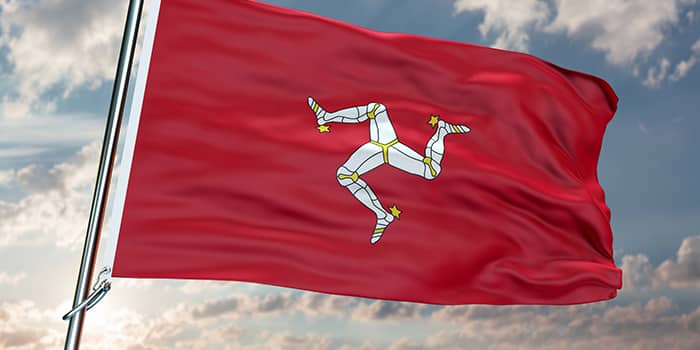Fact-checked by Angel Hristov
Malta and the EU Edge Toward Legal Showdown over Gambling Law
Controversial local laws shielding Malta-based regulators from legal action abroad have caused increasing tensions with EU authorities, as customers are left with no recourse

A confrontation culminated in Luxembourg this week as the European Court of Justice (ECJ) heard a case that threatens to shift the balance between national gambling regulations and the EU’s single market rules. On Thursday, Advocate General Nicholas Emiliou delivered his opinion in case C-440/23, marking another development in the unprecedented clash between Malta’s efforts to protect its gambling sector and Germany arguing from a consumer protection angle.
Operators Blame Restrictive National Regulations
At the heart of the matter lies Bill 55, a Maltese law passed in June 2023, which protects Maltese-licensed operators against foreign claims related to gambling losses. The law essentially prohibits Maltese courts from recognizing judgments with monetary demands issued by other EU states. The European Commission has launched infringement proceedings against Malta, arguing that the measure is contrary to the EU principle of mutual recognition of judgments.
The ECJ is examining claims by a German lawyer who took on claims from a player seeking repayment of gambling losses. The lawyer then launched proceedings against two Maltese-licensed operators, asserting that the contracts with German customers were void because the firms were not authorized to operate in the nation. He argued that Maltese companies were generating revenue from games banned by German law.
However, Maltese operators point to the EU freedom to provide services, arguing that it is Germany’s restrictive market rules, and not their activities, that clash with European law. The Maltese court handling the dispute referred the question to the ECJ for guidance, transforming a private debt case into a test of principle.
Emiliou’s Statement Could Tilt the Scales
Malta has fiercely defended its position. According to the Malta Gaming Authority (MGA), Bill 55 does not create blanket immunity but rather reflects established principles, including the authority of courts to reject foreign judgments when they clash with public policy. The MGA also noted that country-level restrictions violated the case law of the CJEU and created a barrier to market access and trade.
In Thursday’s hearing, Nicholas Emiliou was adamant that a claim for reimbursement due to illegal gambling did not constitute an abuse of EU law. He added that attempts by providers to defend themselves against such claims on the grounds of abuse are likely to fail. However, Emiliou noted that the case remained open until a final verdict by the ECJ.
As long as the ECJ has not yet clarified this issue, the answer to the question of whether the German ban on online gambling violates EU law is purely hypothetical.
Nicholas Emiliou, Advocate General of the European Court of Justice
The opinion of the Advocate General, while non-binding, could significantly influence the case. A broad ruling could impact European operators. However, a narrow one might limit the implications to the dispute at hand. Whether the ECJ sides with Malta’s sovereignty or Germany’s regulatory framework, the verdict will mark the next chapter in an increasingly tense relationship between the island nation and Brussels regarding the future of online gambling.
Deyan is an experienced writer, analyst, and seeker of forbidden lore. He has approximate knowledge about many things, which he is always willing to apply when researching and preparing his articles. With a degree in Copy-editing and Proofreading, Deyan is able to ensure that his work writing for Gambling News is always up to scratch.

















